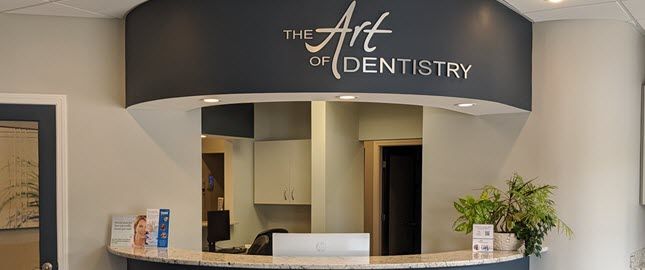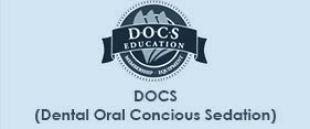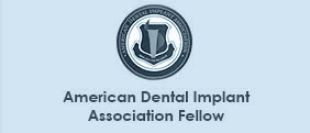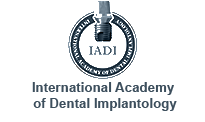






Achieving quality dentistry for life
Cracked-Tooth Syndrome
Teeth may crack when subjected to the stress of chewing hard foods or ice or by biting on an unexpectedly hard object. Teeth with or without restorations may exhibit this problem, but teeth restored with typical silver amalgam restorations are most susceptible. Older persons have more cracked teeth than younger individuals.
Symptoms and Signs May Include the Following:
- Pain on chewing
- Pain on cold-air application
- Unsolicited pain (usually leakage of sugar into tooth crack)
- No X-ray evidence of problem
- No dental decay present
- Easy verification of crack when tooth is prepared for a restoration
Treatment of Cracked Teeth:
- Simple Crack: The majority of cracked teeth (about 9 out of 10) can be treated by placement of a simple crown (cap) on the tooth. When the tooth is prepared for a crown and a temporary restoration is placed, the pain usually leaves immediately. If this is the case, we will place the final crown without a problem on the next appointment – the condition should then be solved.
- Complex Crack: Occasionally (about 1 out of 10), the tooth cracks into the pulp (nerve) of the tooth. If pain persists after placement of the temporary crown, the crack may extend into the pulp of the affected tooth – this tooth may require endodontic treatment (root canal therapy) before the crown is placed. This procedure requires approximately two additional appointments before the crown is placed.
About 50% of the time it makes more sense, and is more cost effective in the long term, to remove the tooth and replace it with an Implant supported crown. Many times this can be accomplished in one step.










